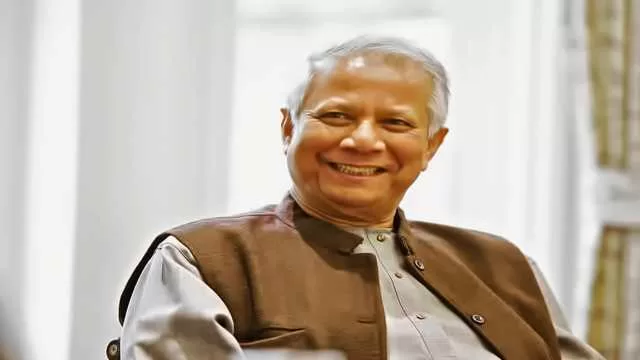A month after the ousting of Sheikh Hasina, Bangladesh finds itself in a precarious situation under the leadership of Nobel laureate Muhammad Yunus and Army Chief General Waker-us-Zaman. The interim government has struggled to restore law and order, witnessing a troubling rise in the influence of the Islamist party Jamaat-e-Islami (JeI).
This surge occurs even as the Bangladesh Nationalist Party (BNP), led by Khaleda Zia, appears to be losing ground.
Upon taking office, Yunus was welcomed at the Bangabhaban, but his administration has faced significant challenges. The JeI, which has ideological ties to the Muslim Brotherhood, has formed alliances with ultra-Islamist groups like Hefazat-e-Islam and Ansar-ul-Bangla Team. These developments pose a serious threat to Bangladesh’s democratic framework, as intelligence reports suggest that even student leaders are being swayed by Islamist ideologies.
The situation has escalated to the point where the Bangladesh Army and Yunus’s government have been unable to curb violence against Awami League supporters and the Hindu community. Reports indicate that troops have become passive observers rather than active enforcers of law and order, raising concerns about the government’s ability to maintain stability.
The implications of JeI’s rise extend beyond Bangladesh’s borders, particularly concerning India. National security planners in India are closely monitoring the situation, as JeI has historically influenced radicalization in regions like Jammu and Kashmir. In the 1990s, the group was instrumental in the emergence of the Students Islamic Movement of India (SIMI), which later evolved into the Indian Mujahideen, further complicating security dynamics in the region.
As the interim government hesitates to announce elections, the combination of a weak administration, increasing Islamic radicalization, and a deteriorating economy could lead to disaster for Dhaka. The Awami League, currently in disarray, may eventually regroup to confront the BNP and its Islamist allies. Reports suggest that JeI has gained traction since August 5, at the expense of the BNP.
While Yunus appears focused on targeting Sheikh Hasina and even hints at her extradition from India, the real threat to Bangladesh’s political stability stems from the rising Islamist factions. India remains vigilant, concerned about the violence directed at Hindus and Awami League members. The ongoing economic crisis, exacerbated by the closure of textile mills and rising unemployment, adds to the volatility. With Bangladesh’s external and internal debt surpassing USD 100 billion, the nation is politically sitting on a powder keg, poised for potential upheaval within the year.

